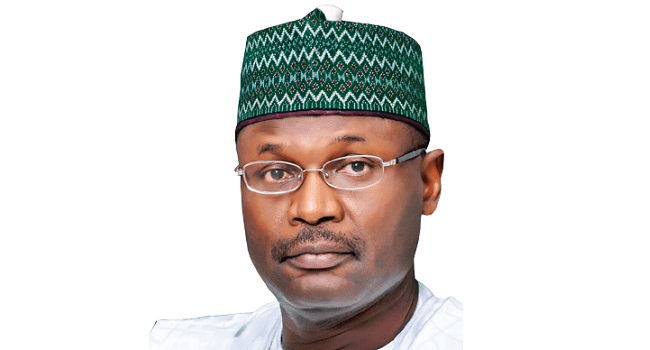News
2019 election ‘less transparent’ than 2011, 2015 —CDD

The Centre for Democracy and Development (CDD) on Friday described the 2019 election as less transparent compared to the ones conducted by the Independent National Electoral Commisson (INEC) in 2011 and 2015.
This was contained in its report on the collation of election results at the ward level, describing it as one of the most vulnerable parts of Nigeria’s election process.
In the report, the group noted that a post-mortem provides independent and objective assessment of the process by which INEC aggregated and tabulated polling unit level results during the election. CDD observed that compared to 2011 and 2015, INEC was less transparent in the conduct of the 2019 elections.
While adding that INEC was less transparent in 2019 than in 2015 and 2011, the group said, “One of the most noticeable—and avoidable—missteps INEC has made following the 2019 election is its refusal to publish detailed election results to its website. INEC has only published national-level totals for the 2019 presidential election, choosing to keep sub-national results data hidden from public view. This opaque approach reverses the tangible—albeit incomplete—progress on results transparency that accompanied the 2011 and 2015 elections.
“Furthermore, in its rush to certify state-level results, INEC has yet to publish a verifiable and credible paper trail for their ward-and local-level results that demonstrate to Nigerians and the world how they arrived at their official results. Without evidence voters are asked to trust that INEC’s final results have been calculated accurately and free from outside manipulation despite numerous reports of disruptions to ward-level collation”.
READ ALSO: Kaduna lawmaker kidnapped
The group further urged INEC to transparently and proactively publish election results via the INEC website and through civil society organisations—official results for all election contests, showing a full and accurate breakdown of figures down to polling unit level.
It urged INEC to work towards developing a way of transparently making ward-level results easily accessible to, and searchable by, the general public.
It also called for the amendment of the Electoral Act (2010) which would allow for the introduction of electronic vote transmission which would reduce error in the calculation process and improve the pace of collation.
“The international community and development partners should provide international election observers with the support and protection needed to observe after-hours collation at the ward and local government levels.
“International entities should also impose travel and financial sanctions against individuals involved in disrupting ward-level collation and other kinds of election malfeasance as well as their political sponsors,” it stated.
Join the conversation
Support Ripples Nigeria, hold up solutions journalism
Balanced, fearless journalism driven by data comes at huge financial costs.
As a media platform, we hold leadership accountable and will not trade the right to press freedom and free speech for a piece of cake.
If you like what we do, and are ready to uphold solutions journalism, kindly donate to the Ripples Nigeria cause.
Your support would help to ensure that citizens and institutions continue to have free access to credible and reliable information for societal development.


















